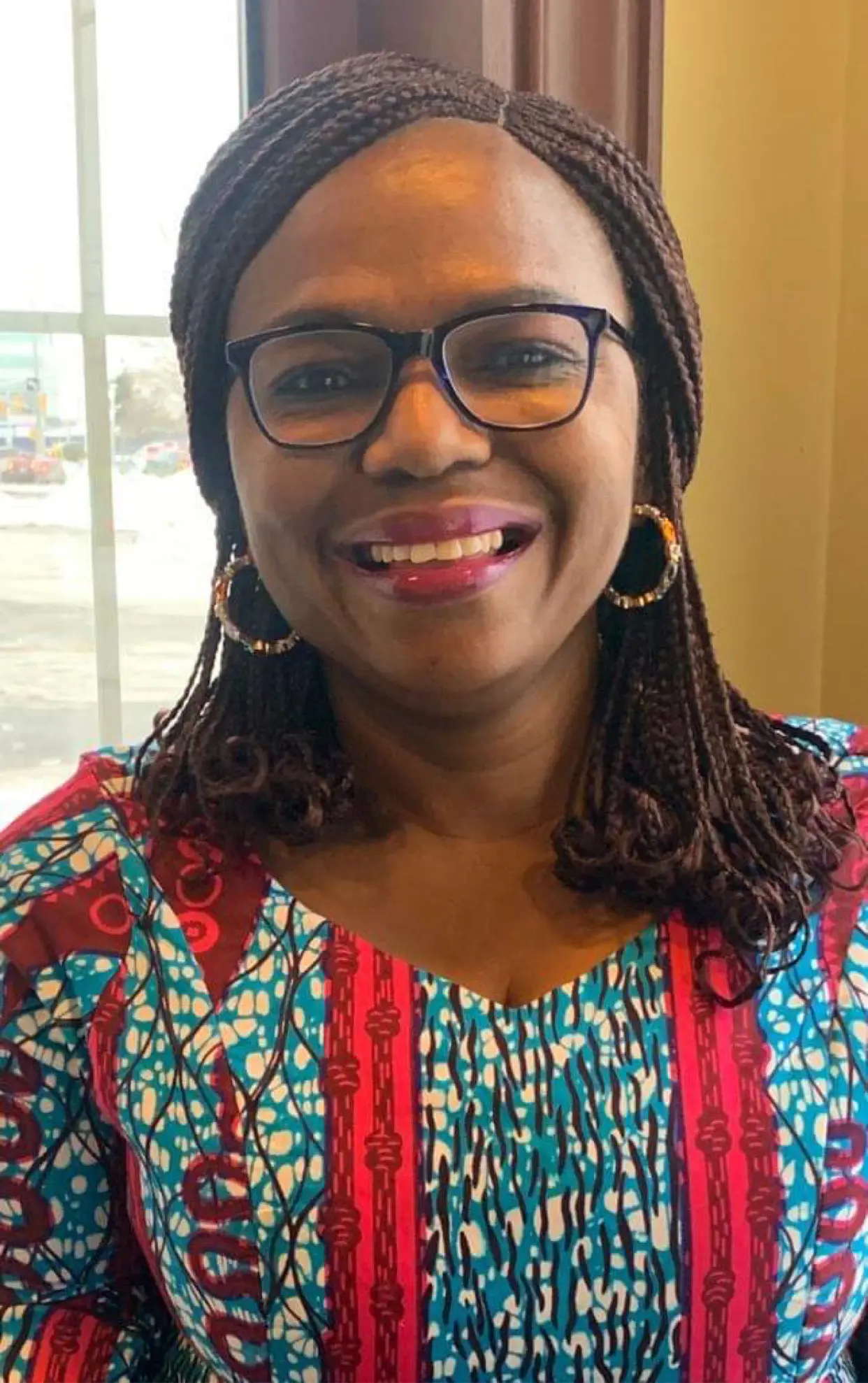Why should Nollywood have a plan for Prime Video? Or we could ask the question in the headline another way: What’s Prime Video’s plan for Nollywood? And if you’re one of those people who like answering a question with another question, you could ask why Prime Video needs to have a plan for Nollywood.
What’s Nollywood’s Plan for Prime Video?

BY Onosheanusi Nwabuikwu
December 24, 2022
4:06 pm
We could bounce these questions back and forth, but I can assure you that the questions are not purposeless. All the versions of the question were necessitated by what looks like the scant presence of Nollywood on Prime Video. Prime Video, also known as Amazon Prime Video, is a video-on-demand, streaming and rental service owned by online retailer, Amazon.
Let’s begin with the first question: What’s Nollywood, the industry, and its stakeholders, doing about taking advantage of Prime Video? Again, this is not a question asked in isolation. There is a good reason and justifiable expectation as to why Nollywood should have a more noticeable presence on Prime Video. Prime Video is now present in Nigeria.
Sometime in August 2022, it was reported that the streaming service had landed in Nigeria. Part of that announcement also revealed that new projects are going to be produced as Nigerian Originals which would be a part of Amazon Originals, which includes content from around the world.
The foregoing sounds like all good round news for Nigerian filmmakers, yes? It was with this in mind that I rushed to Prime Video after I heard the news that La Femme Anjola, the 2021 film directed by Mildred Okwo, was going on the platform. But to my utmost disappointment, La Femme Anjola was not on Prime Video’s Canada (or North America) bouquet when I checked. Before you ask why I haven’t yet seen a 2021 film, directed by someone whose work I’ll rush to watch without hesitation, no questions asked, I’ll attempt to answer your unasked question.

Well, as you may have guessed, I wasn’t in Nigeria when La Femme Anjola was released last year. And earlier this year, there was a marketing attempt which allowed people to watch the film from all over the world at selected viewing times. Although this lasted for three days, I still couldn’t catch the film as that happened to be a particularly busy school period.
Nonetheless, each time I check Prime Video for Nollywood films, I come up short. There are a few but the cache is not as rich as one would expect. So, I’m asking: Why isn’t Nollywood taking advantage of Prime Video? Or is it Prime Video’s fault?
This leads me to ask: What’s the essence of limiting certain Nollywood films only to Prime Video Nigeria? Are their copyrighting issues? If so, how does Netflix Nigeria manage to pull it off that major Nigeria films premiere on their platform? Shouldn’t the goal be to introduce Nollywood films to more audiences around the world? Not to mention Nigerians like me who cannot always catch movies when they premiere in Nigeria.
I bet there may be as many Nigerians in the Diaspora waiting for Nollywood films as there are potential non-Nigerian converts. In any case, Nigerians outside Nigeria are bound to sell Nollywood to their non-Nigerian friends. You see what’s happening with our musicians taking Afrobeats to fans around the world?
I could go on with the questions, but one must wonder if Prime Video has any plans of competing with Netflix Nigeria. I know Prime Video is not set up exactly like Netflix. Unlike Netflix, Prime Video houses other channels on its platform which require their own subscriptions. There are channels like Paramount Plus, Stack TV, Starz, BritBox, Acorn TV and even live TV.
In the end viewers may end up paying more than regular cable TV were they to subscribe to a few of these channels at the same time. But on the bright side, with a Prime subscription, Amazon customers get to watch some films for free. But I digress.
The fact remains that Prime Video Nigeria, no doubt (on paper), has some great projects and ideas lined up like the Nigerian Originals and other local content initiative. Nonetheless, this shouldn’t limit the company from expanding its scope to include, on its platform more films and projects not originally produced for Prime Video. And please, access to these films should be as widespread as possible.

